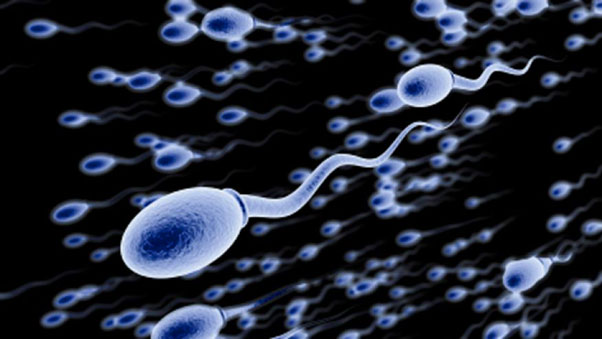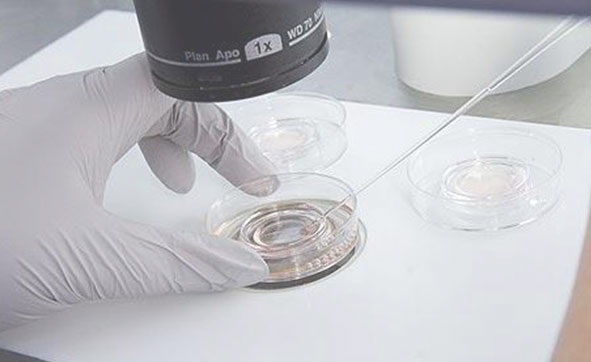Success Of Sperm Donor Age and Infertility Treatment
BODY:
It’s sperm quality rather than a man’s age conducive to conceive healthy children. This is what affirms a major study investigating the effects of a man’s age on fertility treatment outcome, presented at the annual conference of the European Society of Human Reproduction and Embryology (ESHRE), in Munich, Germany.

Sperm Donor
Earlier it was assumed that a man’s sperm quality deteriorates with age and affects the chances of fertilization. But this new study claims that getting sperm from older donors, up to the age of 45, does not compromise the chances of getting pregnant. This study also indicates that the quality of sperm plays a major role in conceiving children, not the male’s age. This study came as a surprise while the current UK guidelines do not generally permit taking sperm from men above age 40 and in the USA it’s 39.
Through the study, from 1991 to 2012, the researchers examined approximately 39,000 first fertility treatment cycles (either IVF or donor insemination) out of more than 2,30,000 sperm donation cycles, involving sperm donations from men aged between under 20 and 45. Notably, the sperm donor’s age did not affect the live birth rates. The live birth rate in the female group that received sperm from younger men is about 28.3 percent and 30.4 percent in another female group with older sperm from IVF treatment.

Either IVF or Donor Insemination
In the donor insemination process, the birth rate is 9.7 with younger sperm and rose to 12 percent with sperm from old age group. “Its sperm quality rather than male age that matters,” said Dr. Meenakshi Choudhary, who led the study with colleague Dr. Navdeep Guhman at Britain’s Newcastle Fertility Centre at Life “The take-home message is that live birth rate does not decline with the age of male donors up to the age of 45.” she further added.
However, this study underlined an important factor that the birth rates fall down with advancing ages in women (sliding from 29% in the age group of 18-34 to 14% in aged above 37). But it’s still a question getting conceived from an older male partner as earlier studies reveal children of aged fathers may be at an increased risk of genetic disorders and birth defects.
















































